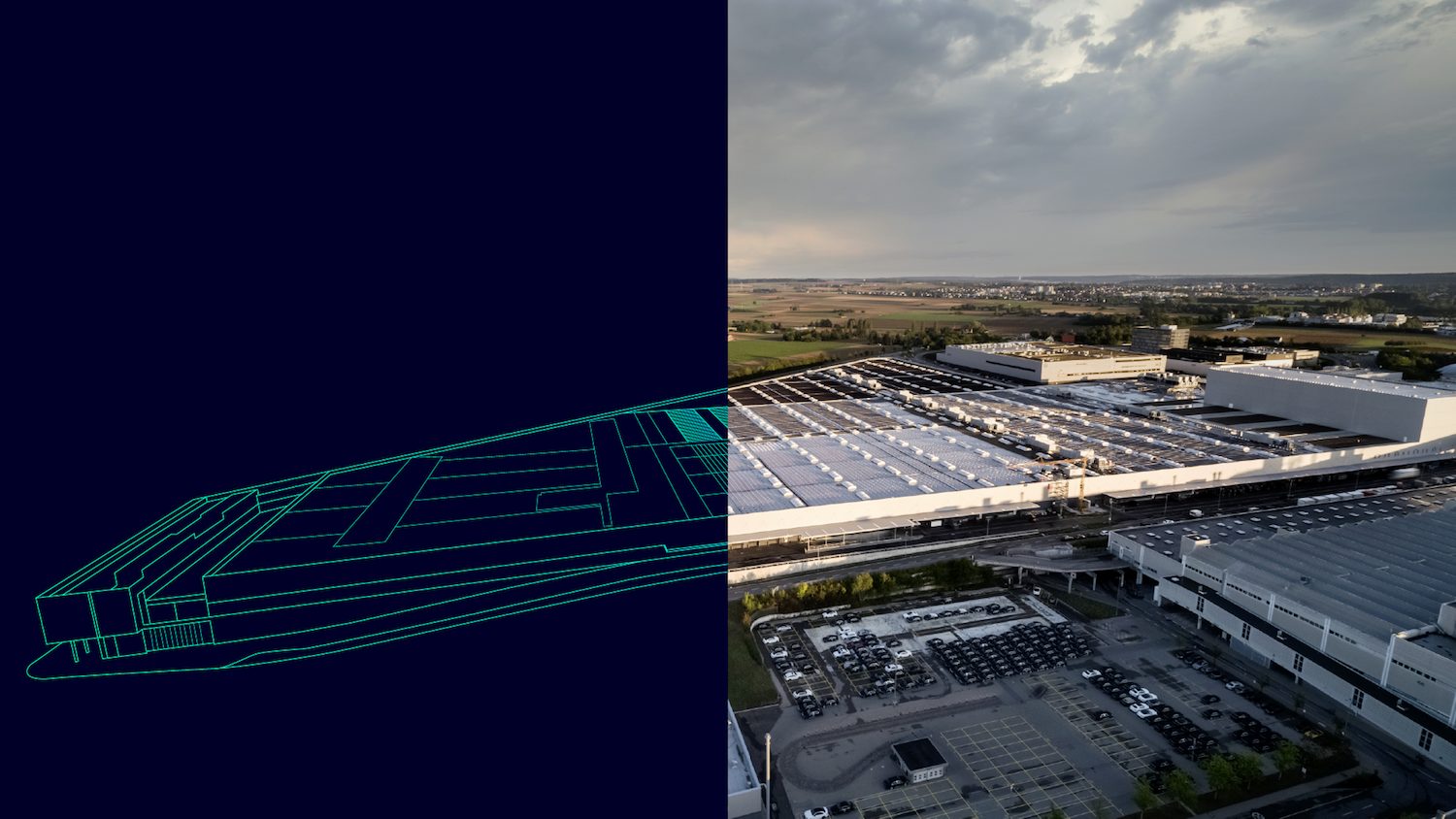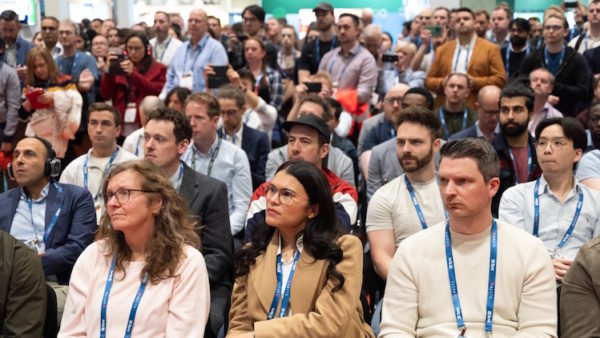
Mercedes-Benz and Siemens have developed a digital energy twin designed to help the automotive giant run all its factories sustainably.
Mercedes-Benz wants to run all its fully-owned production sites on 100% renewable energies by 2039. The digital energy twin enhances, simplifies and speeds up the early phase factory energy planning process for both brownfield and greenfield sites, the parties claim.
The twin (built on Siemens’ Xcelerator open digital business platform) is based on behavioural models of buildings, technical equipment and energy generation. It was designed and tested at the Mercedes-Benz plant in Sindelfingen, Germany.
The twin connects inputs such as weather data, load profile simulation, building asset selection and dimensioning. Simulating a physical energy system, it verifies proposed planning scenarios for energy usage, providing recommendations on how to optimise desired outcomes including energy efficiency and associated cost savings, as well as emissions reduction.
Siemens will provide training and support, maintain and continuously develop the digital energy twin.
Sustainable production
Siemens and Mercedes-Benz established a strategic partnership in 2021 for sustainable automotive production, enabling cooperation on advancing the digitalisation of sustainable production methods.
Arno van der Merwe, vice-president of production planning at Mercedes-Benz Cars, said: “The digital energy twin is our answer to successfully visualise, analyse and sustainably optimise energy-efficient building processes. Through this innovative approach, we benefit from a better understanding of existing factory buildings and transform them into living smart buildings. Thanks to this transformative technology, we are maximising their potential and setting forward-looking standards for energy-efficient and sustainable building use in Mercedes-Benz’s global production network.”
Siemens has developed a similar twin for an undisclosed global drinks supplier. The two parties are using this twin to simulate energy use and identify energy savings at 15 breweries worldwide. Siemens estimates that energy savings of between 15% and 20% are achievable at each site, with an average CO2 reduction of 50% per site.
Don’t miss out on BIM and digital construction news: sign up to receive the BIMplus newsletter.














